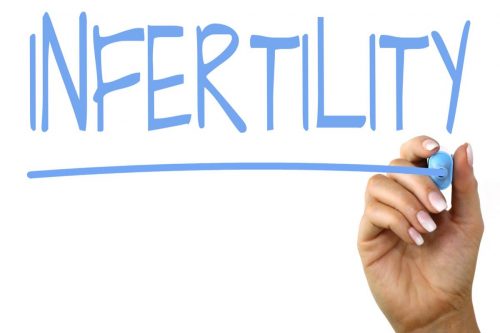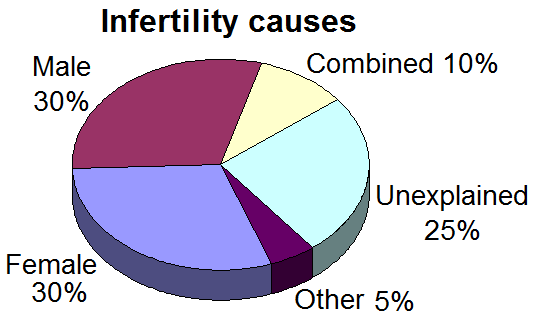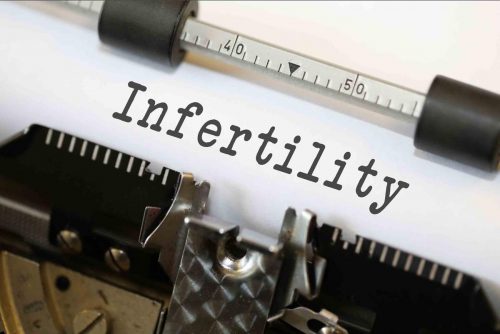Research in psychology shows that stress experienced by women after learning about their infertility is similar to the feeling of women experiencing serious physical illnesses. Infertility is a difficult situation to be in. Entirely accepting it is even harder, as the situation itself seems ridiculous to most would-be mothers.
In fact, why would they believe that they’re infertile? Every woman can reproduce and bear offspring, right?
Sadly, science, numerous research, and women like you prove the contrary. Infertility is a real and serious situation women go through. It results in confusion, refusal to admit to the condition, and incomprehension. In most cases, women can feel sad for long periods, feel their self-esteem plummet, and in extreme cases, develop illnesses related to depression and anxiety.
What Is Infertility?
Infertility is the inability to get pregnant. Studies show that ten to 15 percent of paired partners in the country are unable to produce a child. These numbers indicate that you are not alone in your journey, and other women and pairs out there are suffering from the devastating news of not being able to carry a child either.
Infertility is usual in women age 35 and over, with irregular menstrual cycles, and have had miscarriages before. Causes of infertility might be ovulation disorders, uterine or cervical problems, damage or blockage on fallopian tubes, endometriosis, pelvic adhesions, and primary ovarian insufficiency. Cancer and its respective treatments can also affect fertility, as well as other medical conditions that are associated with delayed puberty and irregular cycles.

Source: thebluediamondgallery.com
How Do You Cope With Infertility?
“My life felt meaningless. My infertility—something of which I had no control—was labeled a personal defect. I punished myself with critical self-talk and judgment,” says Jamie Long PsyD about her personal feelings about her infertility.
Knowing that you’re infertile not only affects your perception of yourself but your relationship with your partner as well, especially if having children were a large part of your plan. Remember though, that it is not your fault if you’re unable to bear a child. A lot of different factors cause infertility in women, some of these even for unknown reasons.
It’s normal to undergo all the five stages of grief, and it’s also reasonable to feel sad for weeks after learning of the news. Infertility is usually a condition that lasts throughout your life, where you have little to absolutely no chance of producing offspring at all.
Here’s how you can cope with the news of your infertility:
- Identify and accept all of your feelings.
“The couple has to accept that their path to pregnancy will be complicated and more mechanical than they might have hoped for, giving each other permission to talk about it and express their disappointment without false reassurances from the other in order to stay connected,” says Laurie J Watson LMFT, LPC.
Allow yourself to grieve and be sad about the news. Don’t bottle up all of your emotions, nor deny yourself of the chance to be vulnerable. Forget all of the expectations you have and focus on your feelings, let yourself brood, and accept what has happened to you. This is your reality, and it is something people also usually go through. It’s not okay, but you will be, eventually.

Source: flickr.com
- Gather support.
During this critical time, it’s essential you only surround yourself with people who sympathize and understand your situation. You need the support of your spouse the most, too. Talk to him and discuss your pain, and what you want to do.
People who are not helpful in your recovery should be forgotten and set aside, as these are detrimental to your growth. Having a support system helps you get through darker days. Knowing that people who love you and care for you are waiting for you to get better and supporting you every step of the way will improve your mood and lead to your steady recovery.
- Write your feelings down when it gets too much.
Of course, there will be times when you experience regression. As always, allow yourself to be sad. Bottling up your emotions won’t improve your mood. You can try writing your feelings daily, like in a diary or a journal. Writing your feelings allows you to see your emotions from a detached perspective; you can review your thoughts, and understand how or why you felt like that and what you can do to help yourself recover.
- Ignore the social stigma and focus on your betterment.
Take a break from social media, and away from people who comment badly on your condition. They don’t know or understand what you’re going through, so their negative comments should have no bearing on your mind.

Source: flickr.com
- Consider counseling and therapy.
“The good news is that support, counseling, and self-reflection can all help to alleviate negative self-perceptions related to infertility,” says Abbie Goldberg Ph.D.
If you begin experiencing signs of depression or anxiety, consider getting help with counseling or therapy right away. Don’t let your mental condition remain stagnant and get help right away.
Remember, it’s normal to feel overwhelmed, sad, and pain at the news. But you should not forget that there’s a life outside of this too, that you can still have a family in non-conventional ways, and that it is possible to move on from this devastating news.

















